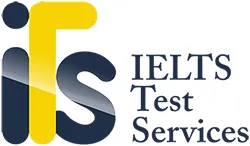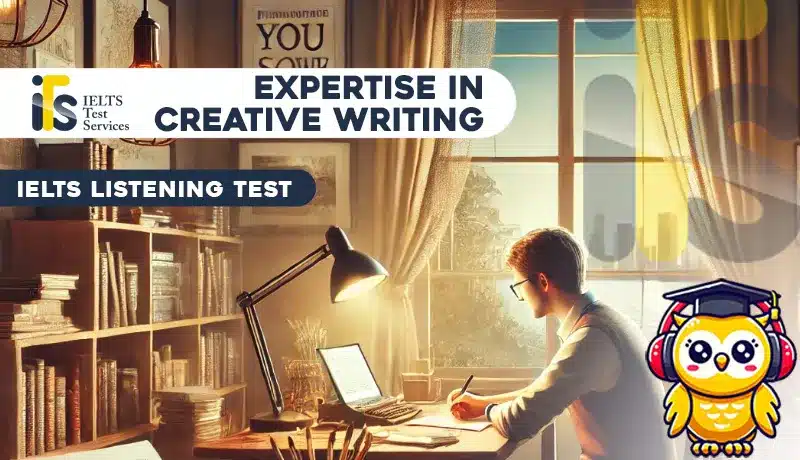Expertise in Creative Writing
You will hear a psychology undergraduate describing the research she is currently doing on expertise in creative writing.
Complete the flow chart below.
Write NO MORE THAN TWO WORDS for each answer.
- Background – researcher had previously studied
- Had initial idea for research – inspired by a book (the of a famous novelist).
- Posed initial question – why do some people become experts whilst others don’t?
- Read expertise research in different fields.
- Avoided studies conducted in a because too controlled.
- Most helpful studies – research into e.g., waiting tables.
- Found participants: four true in creative writing (easy to find) and four with extensive experience.
- Using ‘think aloud’ techniques, gathered data from inexperienced writer.
- (During session – assistant made recordings).
- Gathered similar data from experienced writers.
- Compared two data sets and generated a for analysis.
- (Identified five major stages in writing will be refined later).
- Got an expert to evaluate the quality of the different products.
- Identified the most effective of stages in producing text.
Questions Attempted
Test Results
| Question | Your Answer | Correct Answer | Result |
|---|
We’re Calculating Your Result
Solved Answers & Explanation
Question 1: Answer is English literature
Relevant Line: “Before I started my current degree course in cognitive psychology, I studied English literature.”
Question 2: Answer is autobiography
Relevant Line: “The idea for this research project came from a very specific source – I became fascinated with the idea of what makes an expert creative writer when I read a well-known twentieth-century writer’s autobiography.”
Question 3: Answer is lab
Relevant Line: “I began to see a pattern – that those studies which involved research in a lab were too controlled for my purposes.”
Question 4: Answer is practical skills
Relevant Line: “The clearest guidance for my topic came from investigations into what I call ‘practical skills’ such as hairdressing or waiting tables.”
Question 5: Answer is novices
Relevant Line: “I looked for four people whom I regarded as real novices in this field – which proved easy … perhaps unsurprisingly.”
Question 6: Answer is experimental
Relevant Line: “I asked the first four to do a set writing task and as they wrote, to talk into a tape-recorder … this was in order to get experimental data.”
Question 7: Answer is video
Relevant Line: “Whilst they were doing this, a research assistant recorded them using video.”
Question 8: Answer is framework
Relevant Line: “I then asked four experienced writers to do exactly the same task … This helped me to produce a framework for analysis.”
Question 9: Answer is editor
Relevant Line: “So I asked an editor, an expert in reviewing creative writing, to decide which were the best pieces of writing.”
Question 10: Answer is sequence
Relevant Line: “Using his evaluations, I was then able to work out which sequence of the five stages seemed to lead to the best quality writing.”

